What do you get when people of eight different religions walk into a room? It sounds like the setup for a joke, doesn’t it?
In reality, Pastor Dawn Blundell welcomed a crowd of 20 last week to the first Rural Nevada Multi-Faith Dialogue held at Epworth Episcopal Church’s Wolf Center. The pastor began the conversation by describing the gathering as one of friendship, learning, mutual respect, and understanding. It was a time to be open-minded to the beliefs of others, even if they don’t correspond with your own. Each of the theologians was given a short period to explain their religion’s doctrine. Pastor Nathan from the Walker River Tribe gave the invocation.
Religious statesman and Dialogue co-organizer, Pujari/Priest Rajan Zed was the first speaker. He opened with Webster’s definition of religion: “the belief in and worship of a superhuman controlling power, especially a personal God or gods.” He presented the Hindu deity concept of Hindu philosophy as having 330 million gods. Many of the Hindu deities are very similar to one another but represent different parts of a person’s life. Prayers would be offered to different deities for different things. For example, there are different deities for artha/wealth, karma/desire, dharma/righteousness, and moksha/liberation.
Rabbi Elizabeth Webb explained there is no single belief system for Jews. There are three basic paths of Judaism. The most liberal, considerably less stringent about ritual, believers are called Reformed Jews. Conservative Jews are far more traditional, generally following Jewish law. Orthodox Jews follow a strict observance of Jewish law and traditions. The Jewish holy text, the Torah is written with only constants, not values, leading to many interpretations. Rabbi Webb made a lighthearted joke about Jewish people in general, “literally two Jews, three opinions,” and added the Torah is sung, not read.
Buddhist Minister Jikai’ Phil Bryan told the group there are two basic fundamental principles of Buddhism. Buddha taught himself these principles one day while sitting under a bodhi tree absorbed in meditation and reflecting on his life’s experiences. He was determined to penetrate life’s truth and achieve Enlightenment, the first principle, which is a greater reality and the ability to understand the universe. The second fundamental involves mediation, chanting, and studies of the teaching of the Buddha. For the next 45 years of his life, Buddha taught many disciples, who became arahants/noble ones who had attained Enlightenment.
Farooq Nakhuda of the Northern Nevada Muslim Community talked about Islam which translates into, “The Word of God,” and the seven Articles of Faith. The first three are a belief in one God, that God created angels to worship him and carry out his commands, and that God revealed holy books to various messengers so they could convey his “speech” to their people (the Torah was conveyed to Moses, the Psalms to David, the Gospels to Jesus and the Qur’an to Mohammad). The fourth article gives Muslims a belief in all prophets. Believing in a day of reckoning where each person is judged by their deeds is the fifth. The sixth is a faith belief, declaring all favors are the will of Allah, no misfortune can happen without his will, and never should one despair over any misfortune or boast of any favors given by Allah. The seventh article is a belief in the afterlife, where believers will be blessed and rewarded with the Garden while unbelievers will be punished in the Fire.
Anthony Shafton, author, and atheist thinker spoke explaining that not all atheists have the same ideas found in most religions. He has his brand of atheism that is different from the American Atheists organization. By definition, atheism is a “disbelief or lack of belief in the existence of God or gods.” Shafton said, “Just because you can’t understand something, you do not have to give it a divine title.” He gives the example that because we don’t know how the world was created, the explanation “God created it” is not automatically correct. Simply because the world is a complex design doesn’t mean there had to be a master designer. Scholars and science have been disproving this with evolutionary biology. Now there is DNA mapping of space debris and science can say that our bodies are made up of the same compounds as the universe. We may never know the origins of life and our universe, but as an atheist, he rejects the thought of a God or gods.
Baha’i teacher Nancy Cecil explained that there is no clergy in the Baha’i, everyone is a teacher. They believe we are at a point in humanity where we don’t need to be told what to believe. Cecil was born and raised Presbyterian and believed in God. She recalled an anecdote about Woody Guthrie on his death bed who was asked by a nurse what was his religion. He replied, “All.” The nurse said, “You can’t say that.” Guthrie replied, “Ok, then none, either they are all right or they are all wrong.” This resonated with Nancy. As she traveled, she witnessed many different places of worship with people devout in the belief and their faith. She came across a Baha’i group and began studying the Baha’i faith. She found it thrilling. Things began falling into place for her. Cecil said the Baha’i believe that there is one God, and all his messages come down to loving one another. There is one thing all religions say, though in different ways, “Do onto others as you would have them do onto you.” Baha’i believes science and religion must agree and the first tenant is an independent investigation of the truth. One must find it for themselves.
Donna Cossette, a member of the Fallon Paiute Shoshone Tribe, explained her people’s Native American Spirituality. She told the origin story of her tribe, which began in the Stillwater Range at Fox Peak 14,000 years ago. Fox Peak is the center of the Paiute universe where their God created them, and for centuries two stone pillars, the mother and father, stood to watch over their children. It is on Fox Peak where our God created us in our vision, and this is our mother and father. In the Stillwaters, God gave the tribe many different things, pine nuts for food and native plants for medicine along with the streams, the hot springs, animals, and places of prayer. When the non-natives came, the Great Basin changed as did the traditional way of life, beliefs, and knowing. The “two pillars, our deities, were blown up by our government. We don’t have a place to go and see and pray in that specific spot.” The tribe has other places of prayer called the doctoring rocks, places for meditation. However, these places are located on public lands. Cossette explained, “We can’t access some of the lands because quite literally they have been shut to us. We are kind of a lost people trying to find our way in this land here.”
The organizers were pleased with the event as well as the turnout. There are plans to hold the Multi-Faith Dialogue again, making it an annual, ongoing fellowship.
And the punchline of that joke?
It turns out that when eight different religions walk into a room in Fallon there is a level of friendship and connection that leads to a continuing discussion and exploration of thinking and beliefs that often have more in common than they do differences.

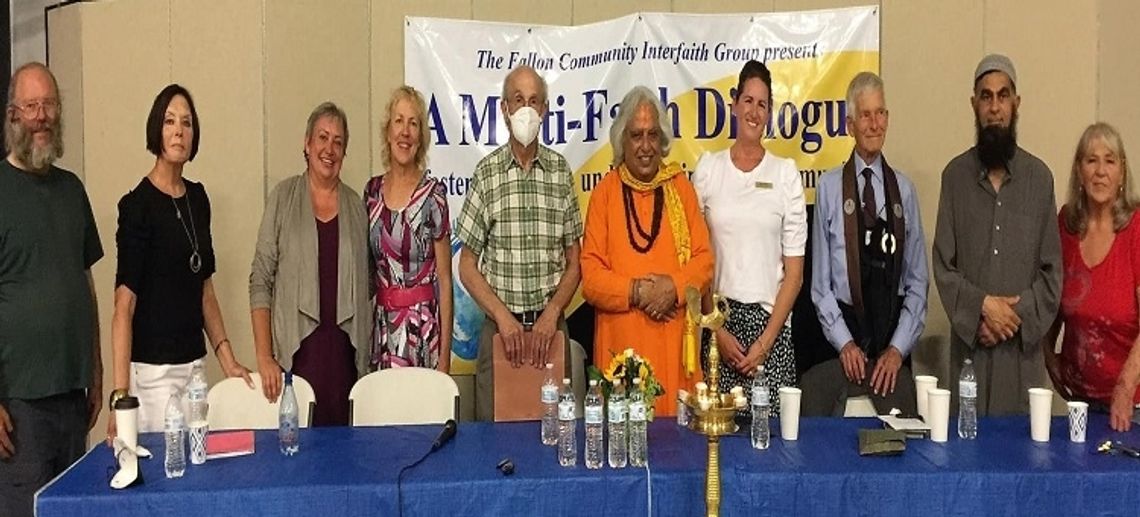
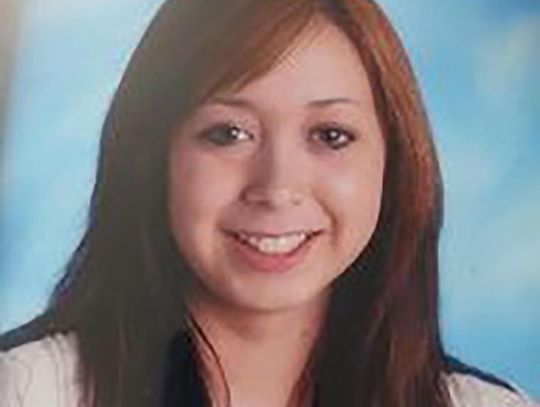
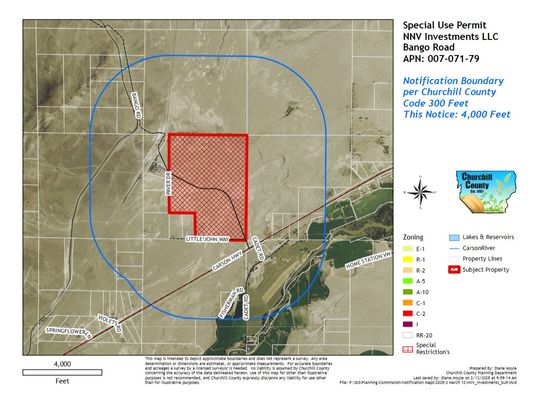

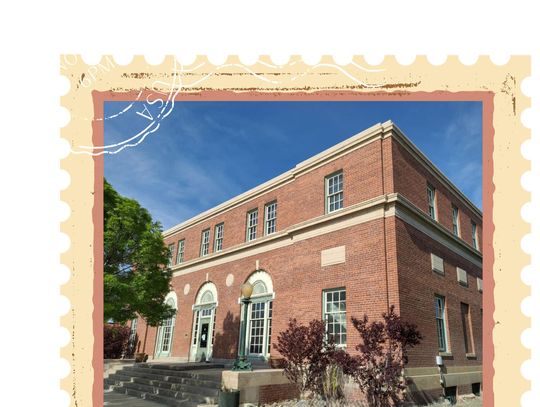
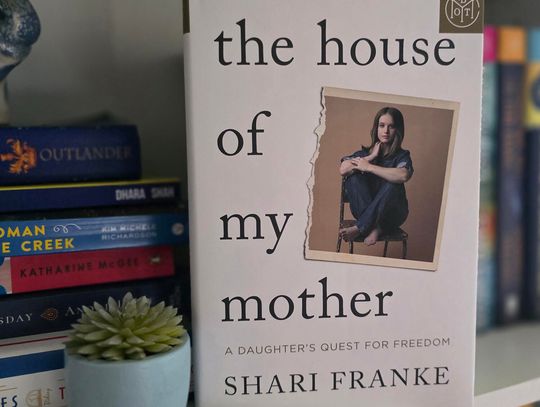

Comment
Comments